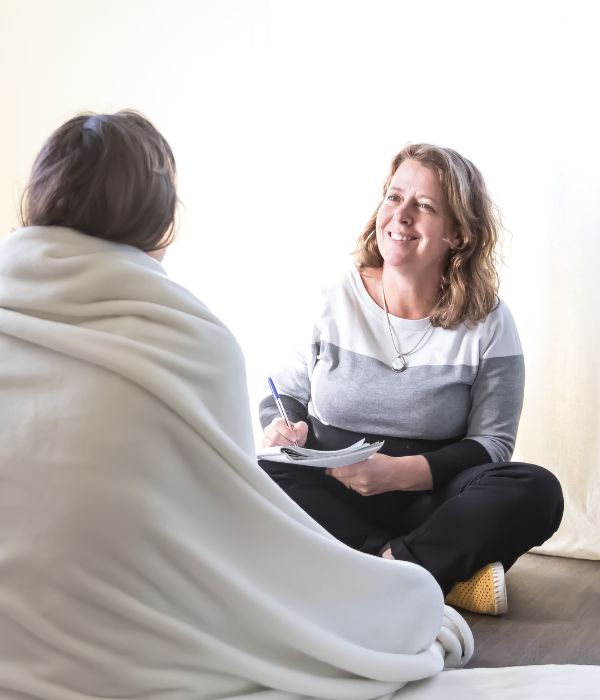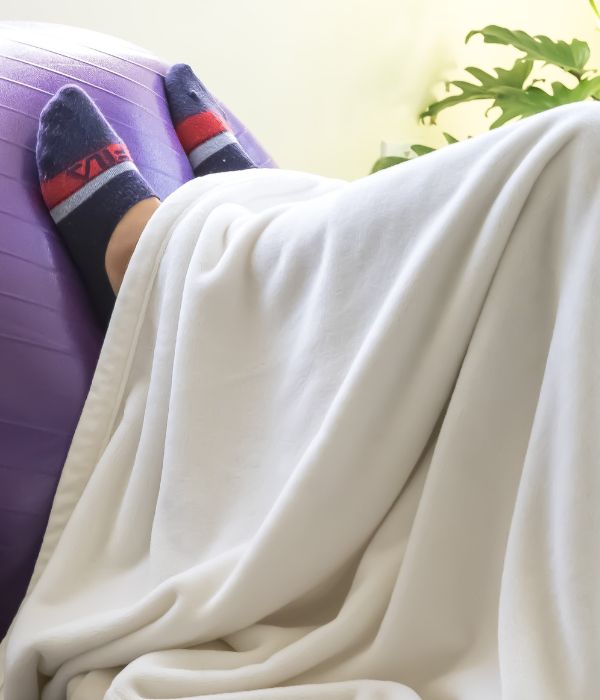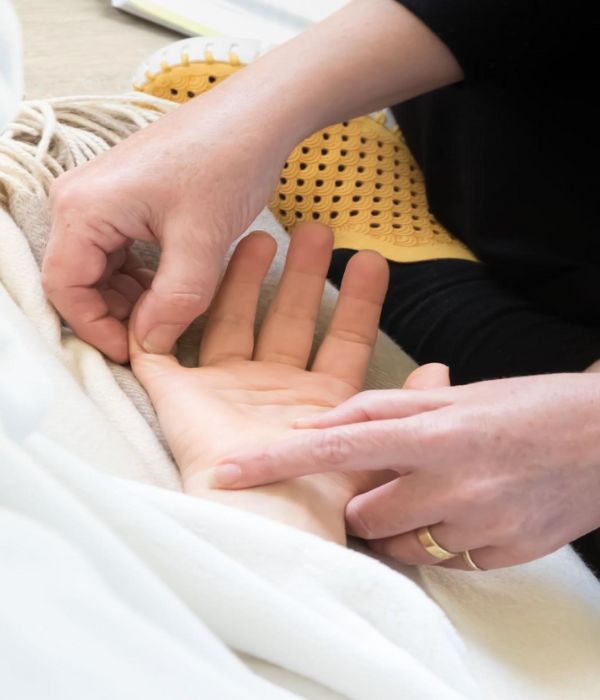Welcome to the Home of A.R.T.
(Anxiety Reframe Technique)®

Taught as an Internal Martial Art, it can be useful for improving sleep, anxiety, cognitive function, balance, motor coordination, digestive issues, eating disorders, depression, overwhelm, tics, developmental delays, language disorders, dementia,
intellectual disability, complex trauma, and symptoms of ADHD and Autism.
The best part? A.R.T. is easily engaged by kids, teens and adults.
WITH A.R.T. WE CAN HELP PROMOTE:
- Mental clarity
- Improved Sleep
- Inner Resilience to Stress
- Executive Functioning and Working Memory
- Self-Regulation
- A Way out of Inertia

License To Think
Online Education

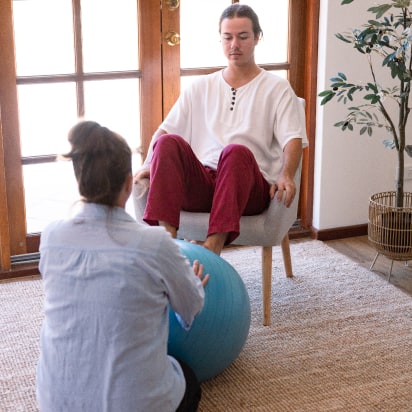
A.R.T. Express
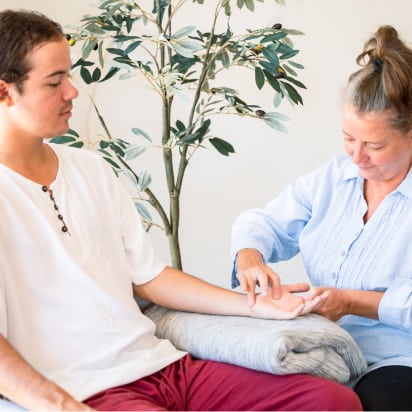
A.R.T. In-Depth

A.R.T. Practitioner Training
What past program participants, patients and health professionals have to say about A.R.T.
Want to discover more about how A.R.T. is being used to transform Autism treatment?
This concise, celebrated book offers an easy-to-grasp introduction to A.R.T. and a new lens through which to view Autism.
It will leave you with:
- Clarity on why certain behaviours so often co-occur in Autism, and what’s going on physiologically to make them happen.
- A clear understanding of the science behind A.R.T. in relation to Autism, and how it connects to Brain Plasticity and Polyvagal Theory. (Don’t worry, this is complex science, conveyed simply).
- A renewed sense of hope that positive changes are possible—and a path to bring them about. Plus, a profound sense of compassion for yourself or anyone you know, love and care for with Autism.
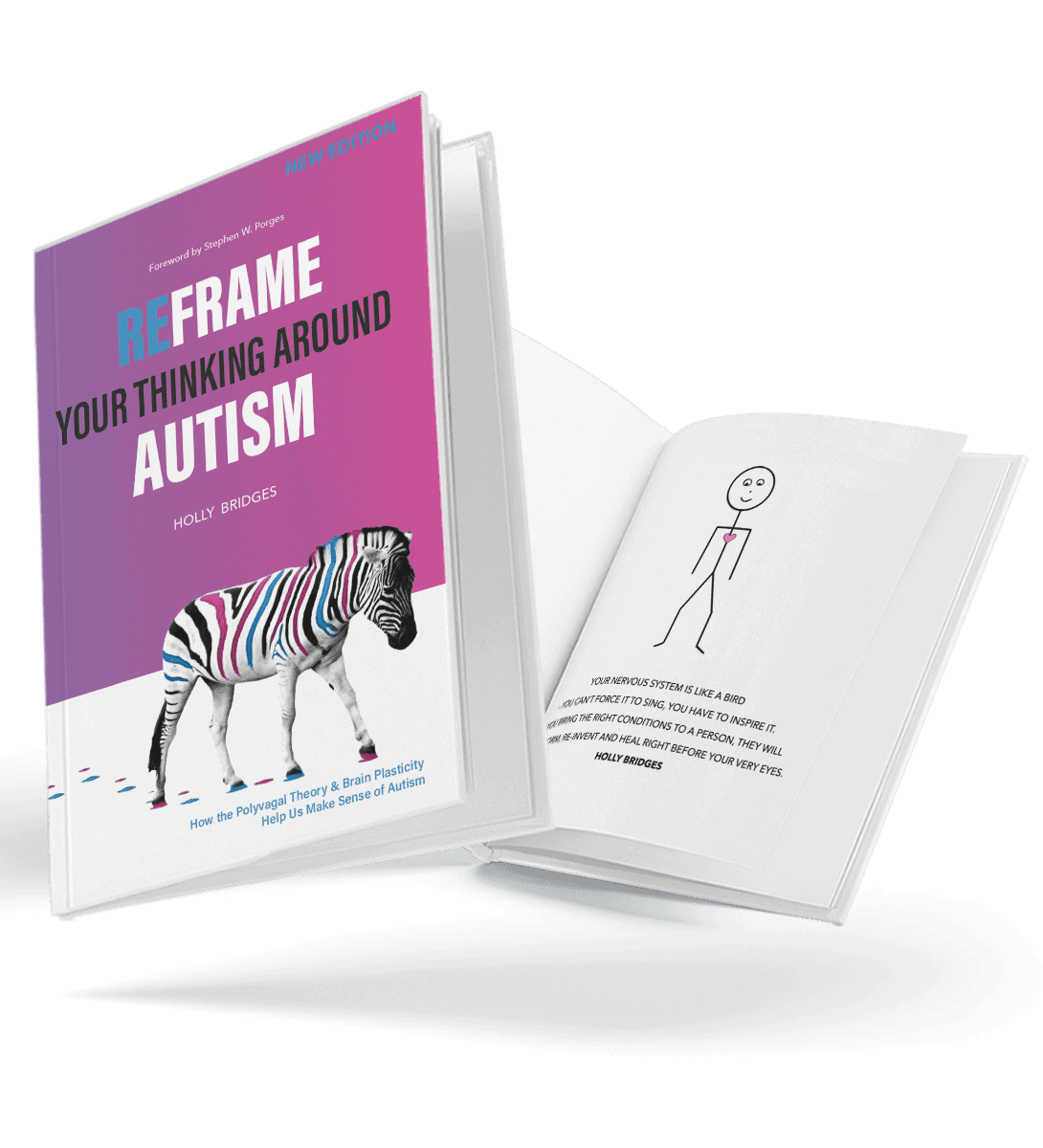
Meet Holly Bridges and learn the story behind A.R.T.’s development
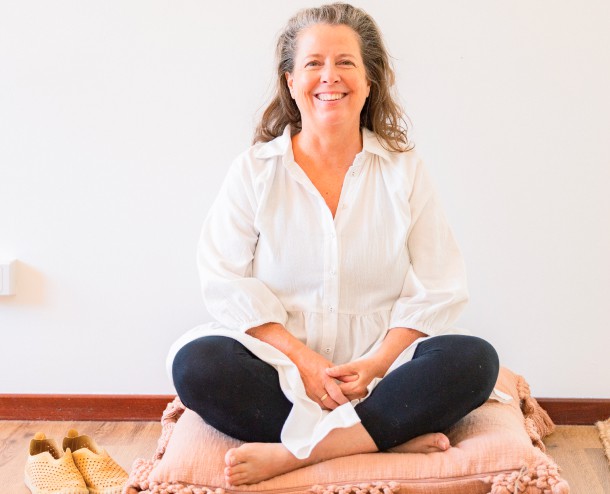
Since developing the Anxiety Reframe Technique (A.R.T.), she has seen the benefits this gentle modality brings for people dealing with a wide variety of mental health conditions & challenges.
Instead of relying on symptom management, A.R.T. can actually help people to change the way their nervous system deals with stress (for the better)—and in doing so, increase their capacity to tolerate it, and improve their quality of life.
You can access A.R.T. via ZEBR® Therapy Services
Read Our Blogs
I am Octopus
I often liken working with the nervous system to making friends with an octopus. Octopi are really smart, sentient beings that have a mind of their own.
Polyvagal Theory & Autism
The Polyvagal Theory is based on the work of Stephen W. Porges PhD. This theory is based on the vagus nerve and the way that it works within the body to help us interact with our world.
The Potency of the Dorsal State
So much of our focus on the Polyvagal Theory centres around honouring and validating the ventral vagus and teaching people to move up from the dorsal states and into the light of the ventral states. According to the polyvagal theory the ventral vagus – the second...
Affiliate Organisations








